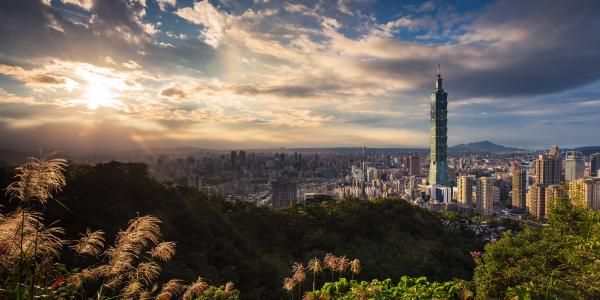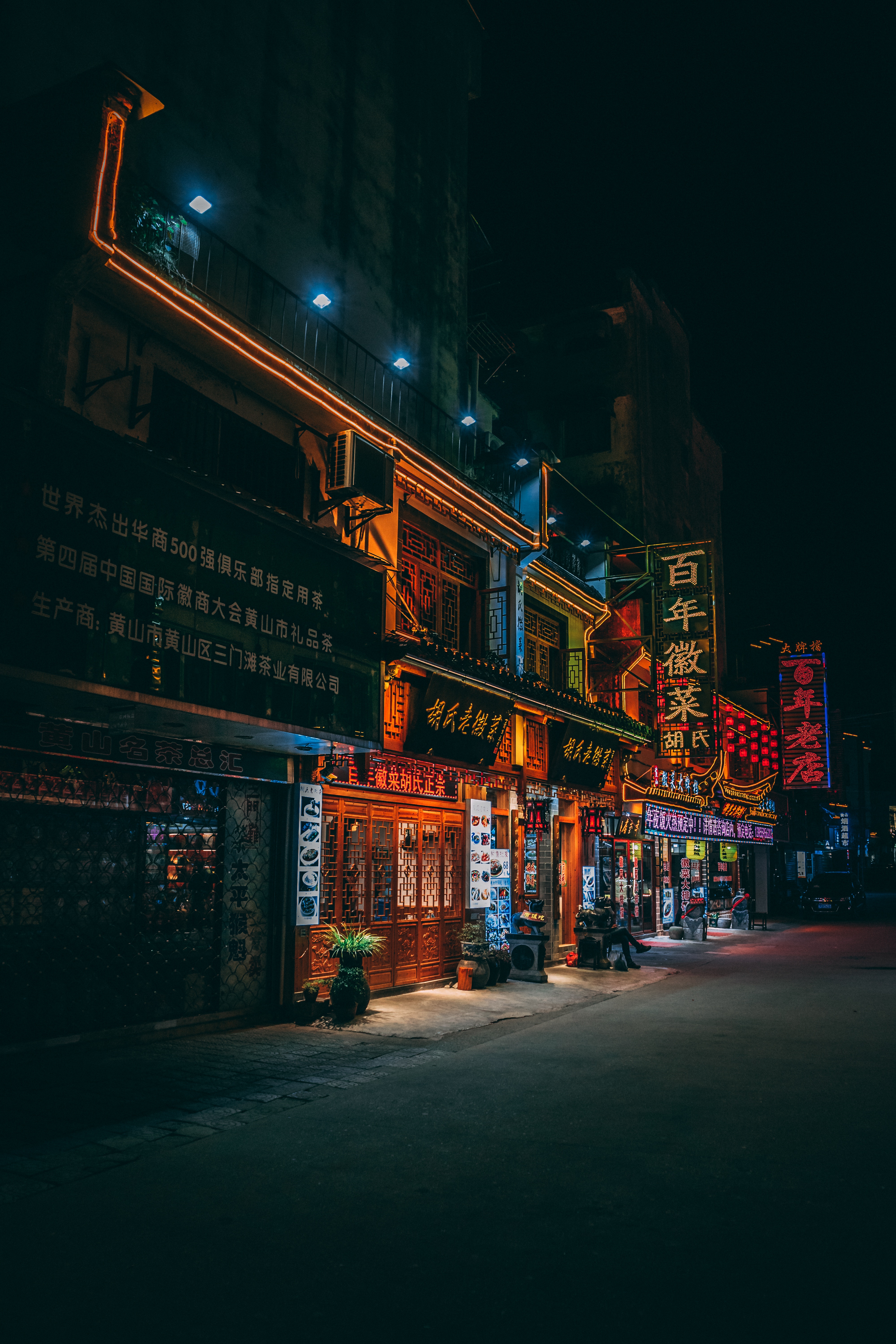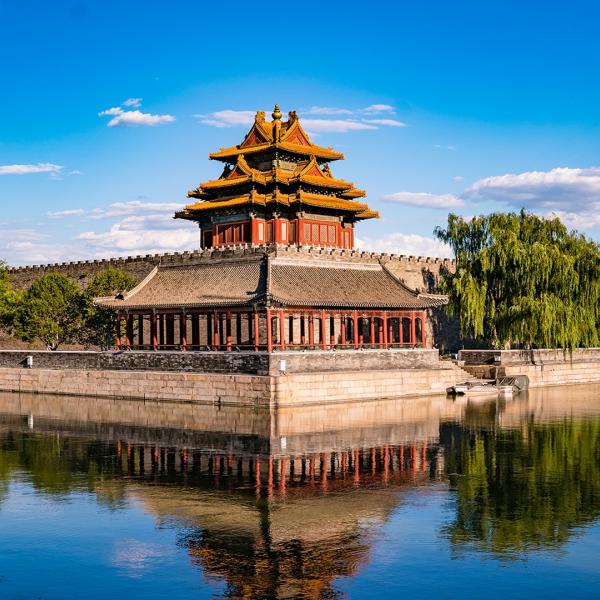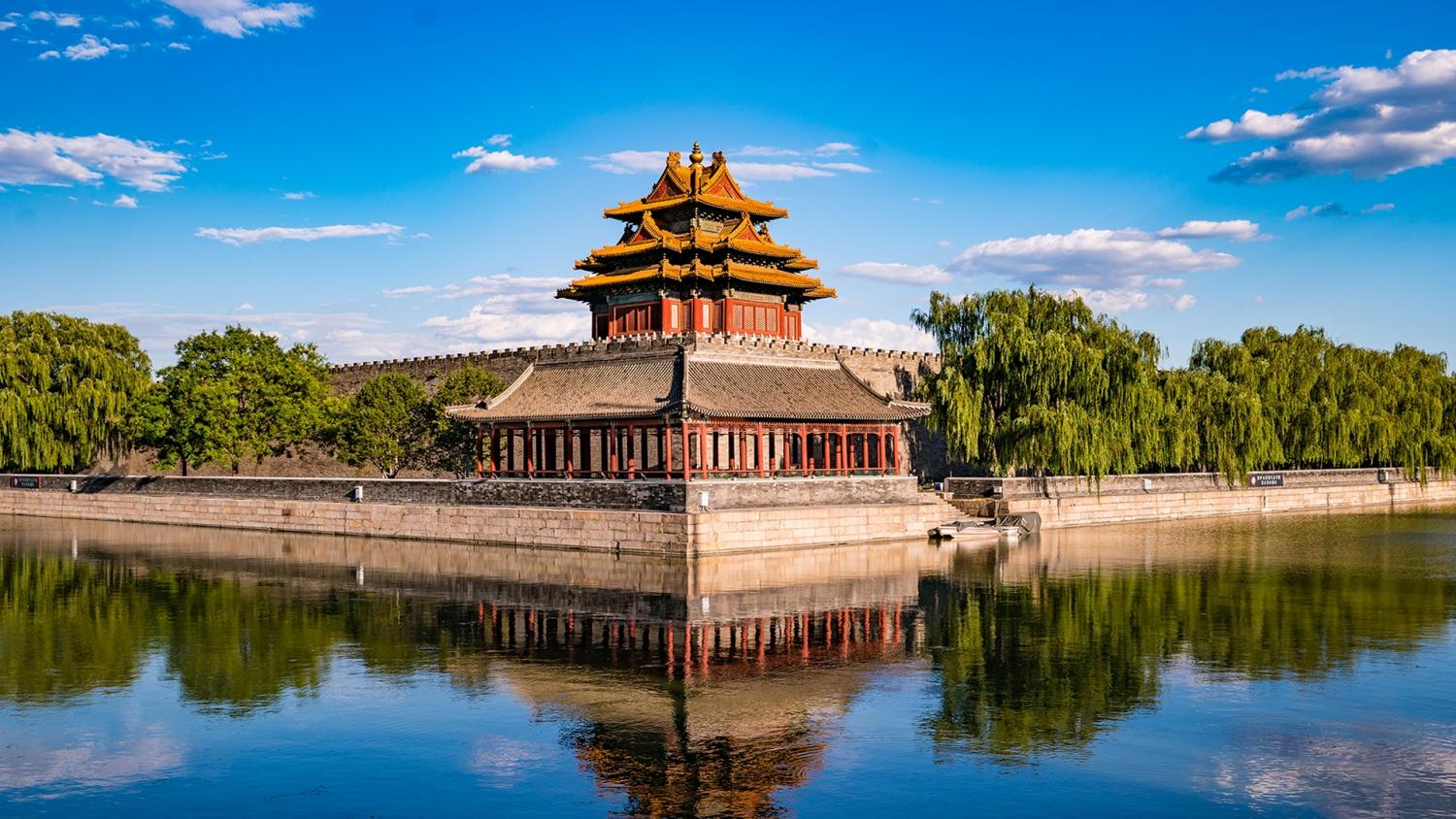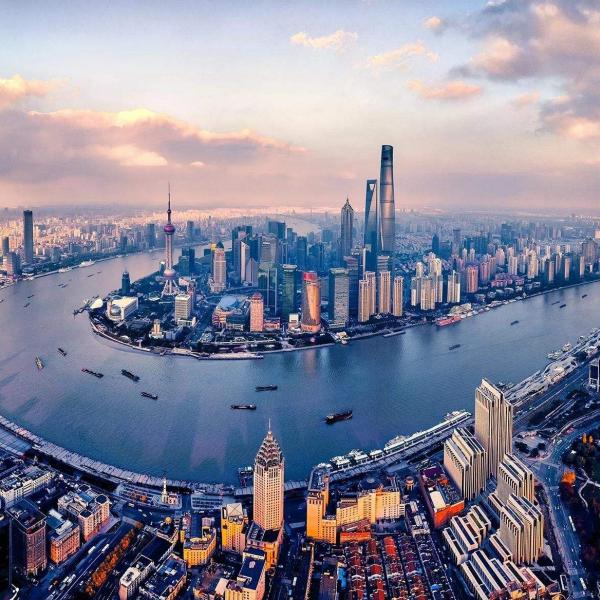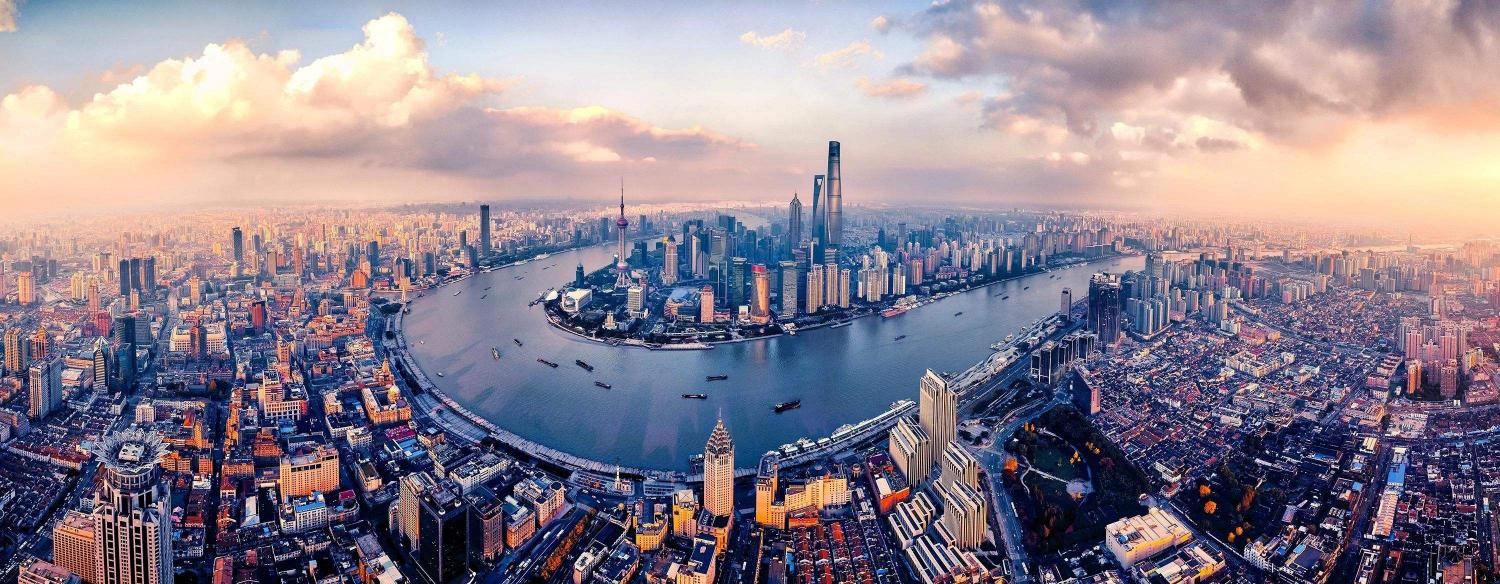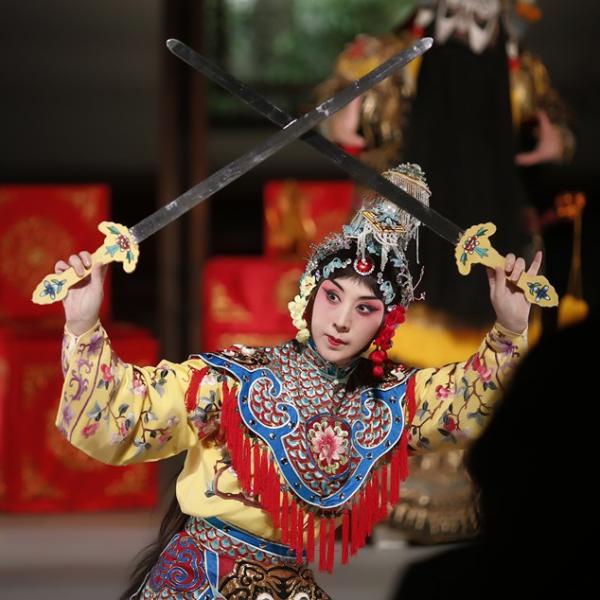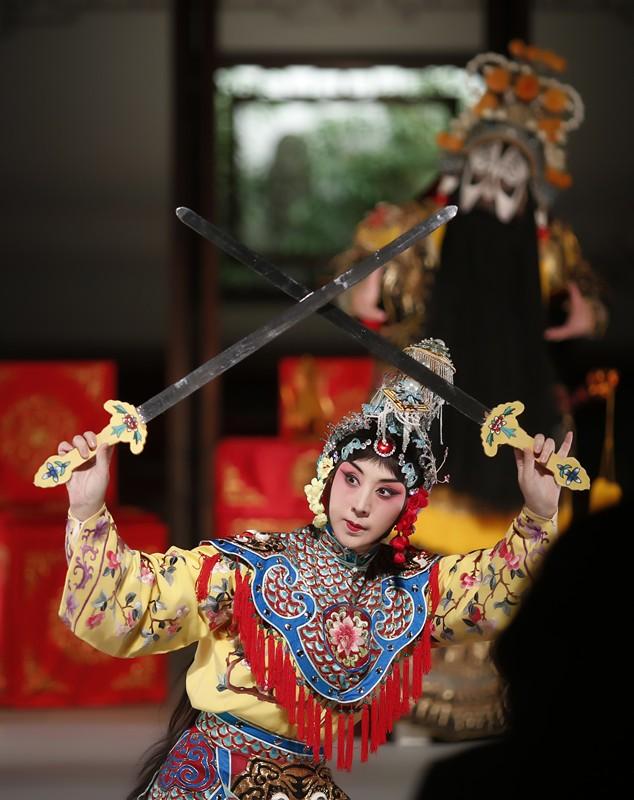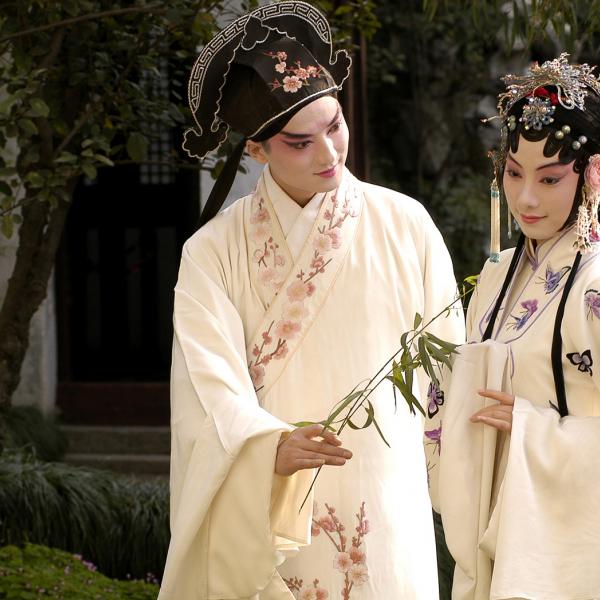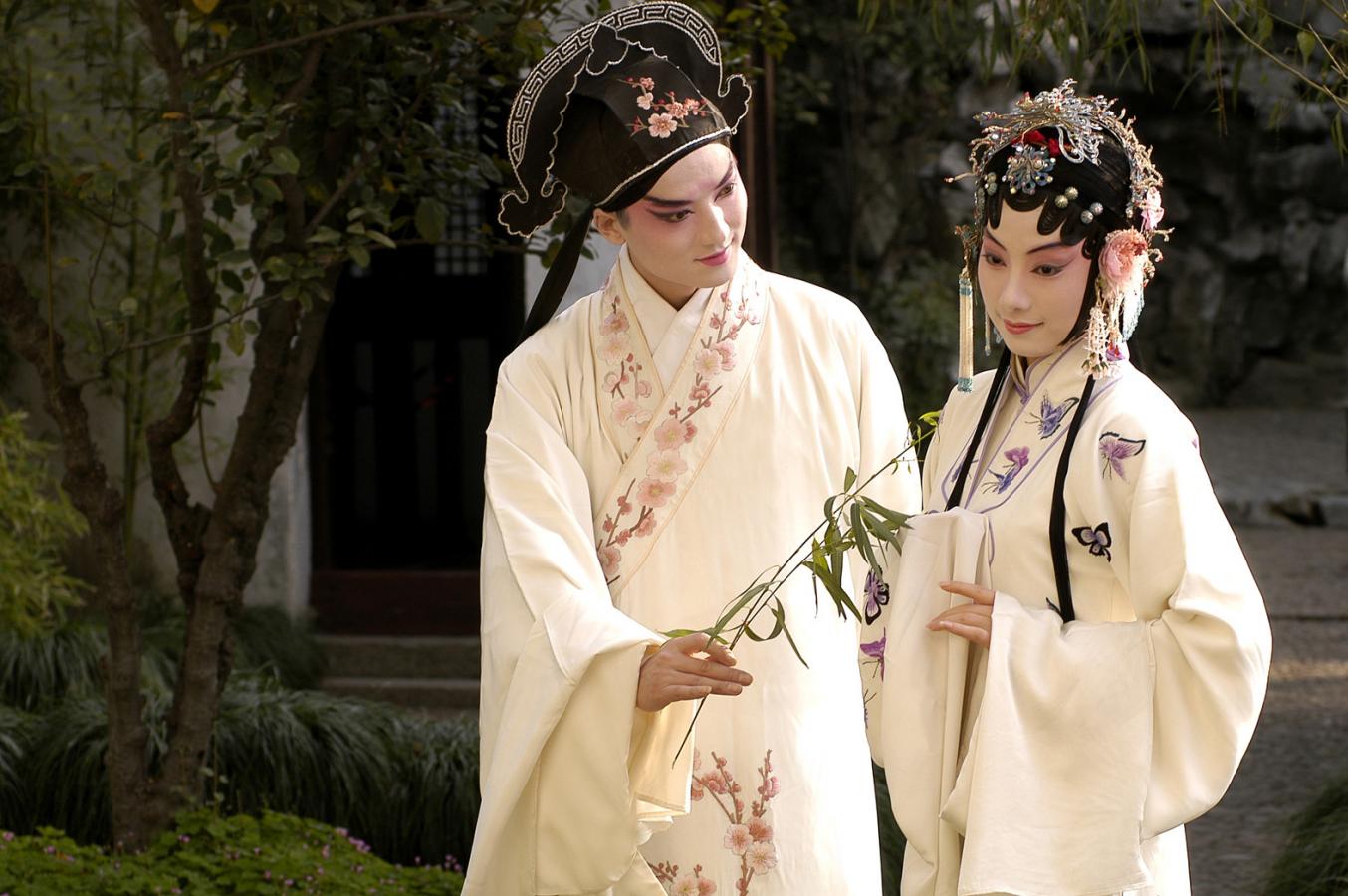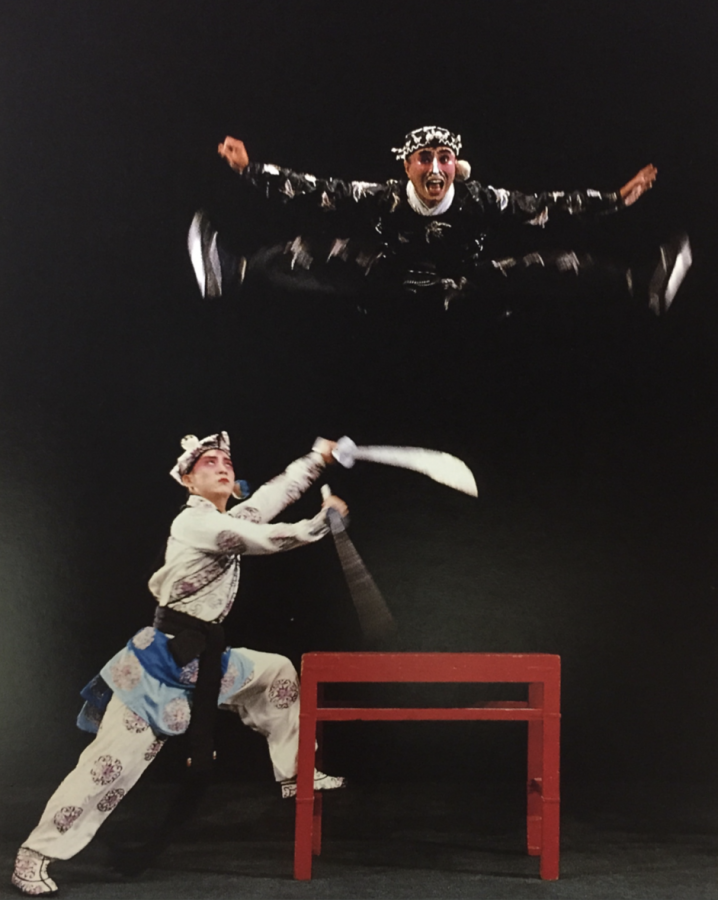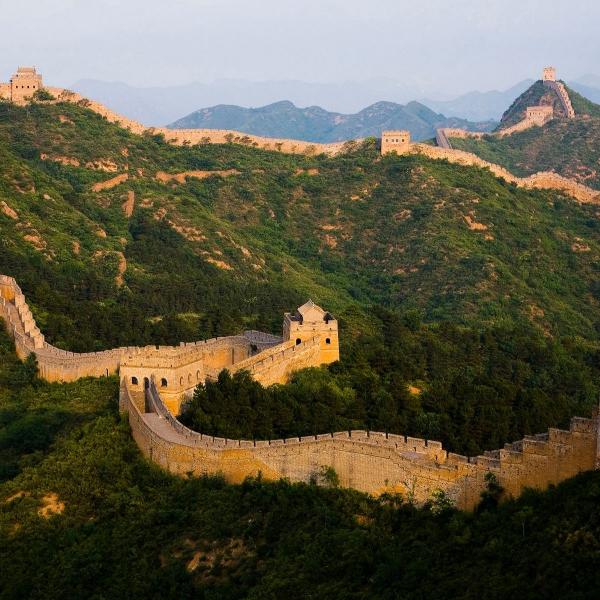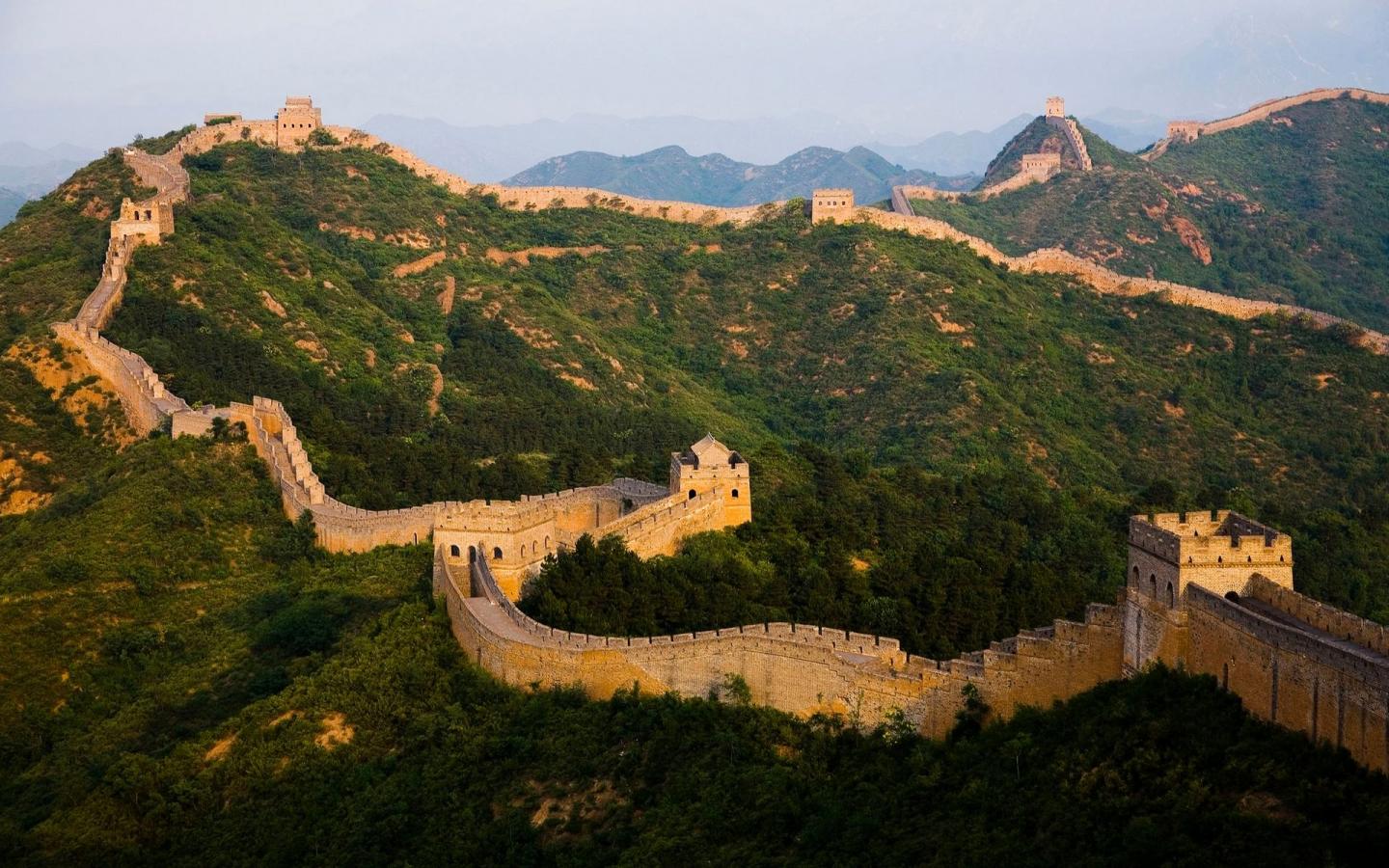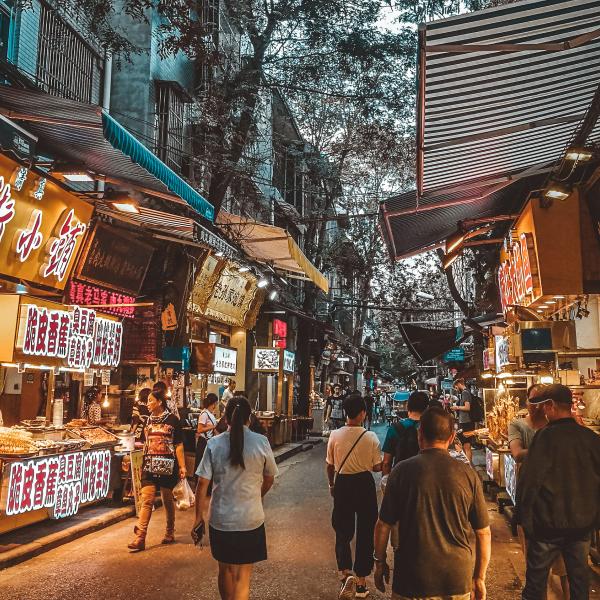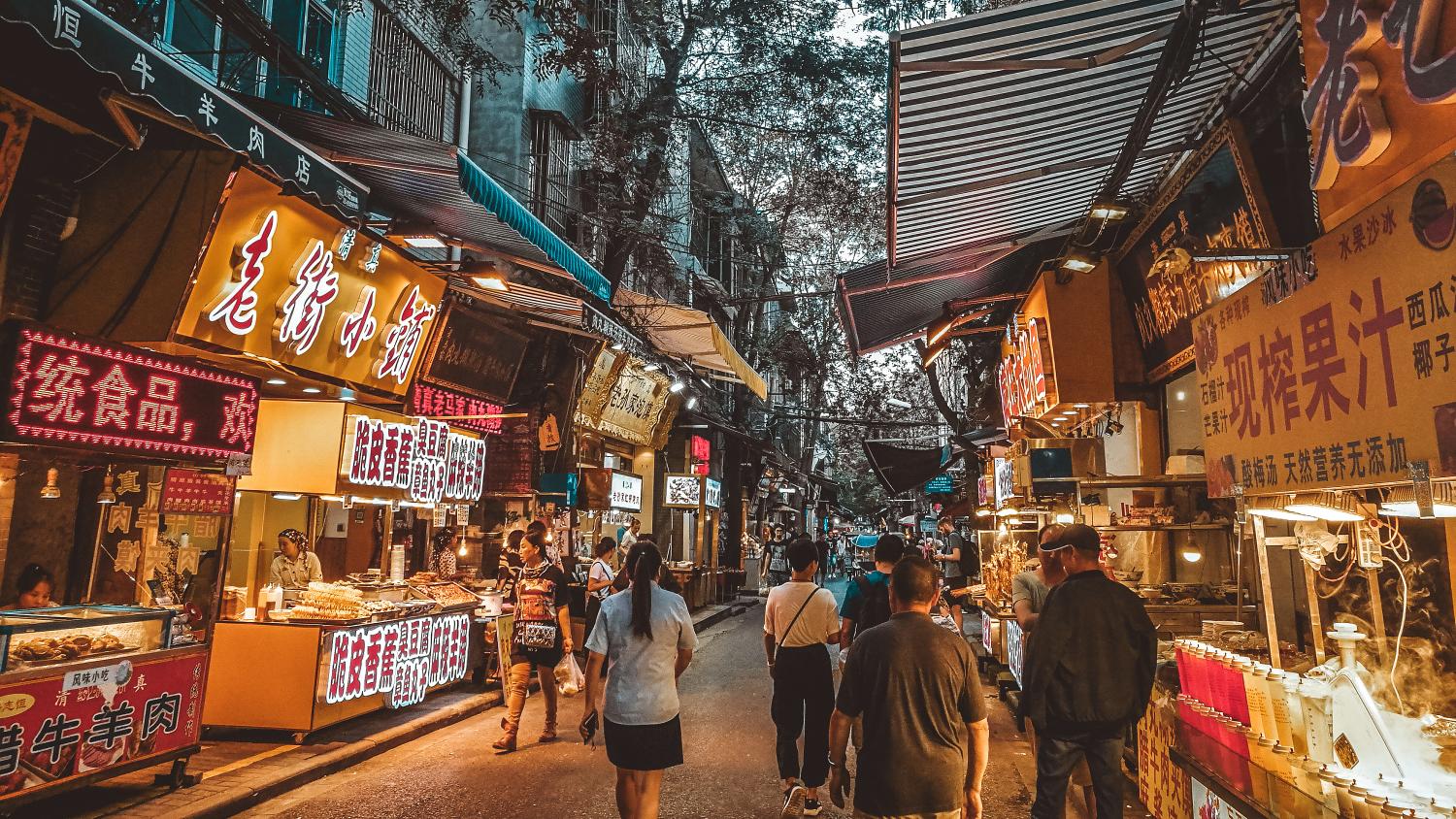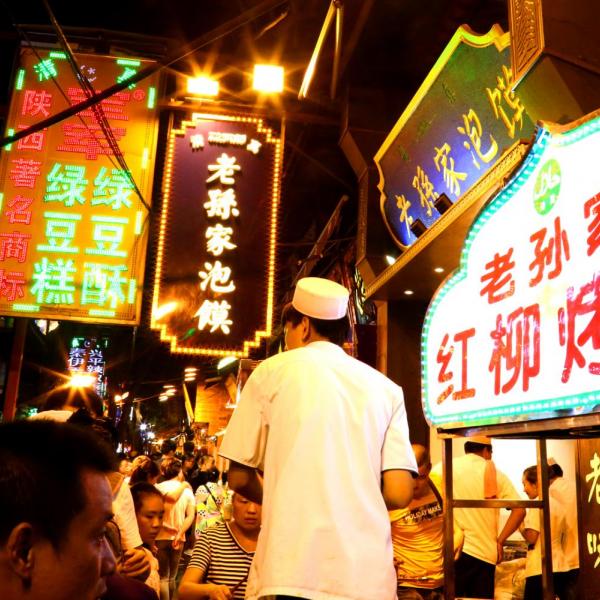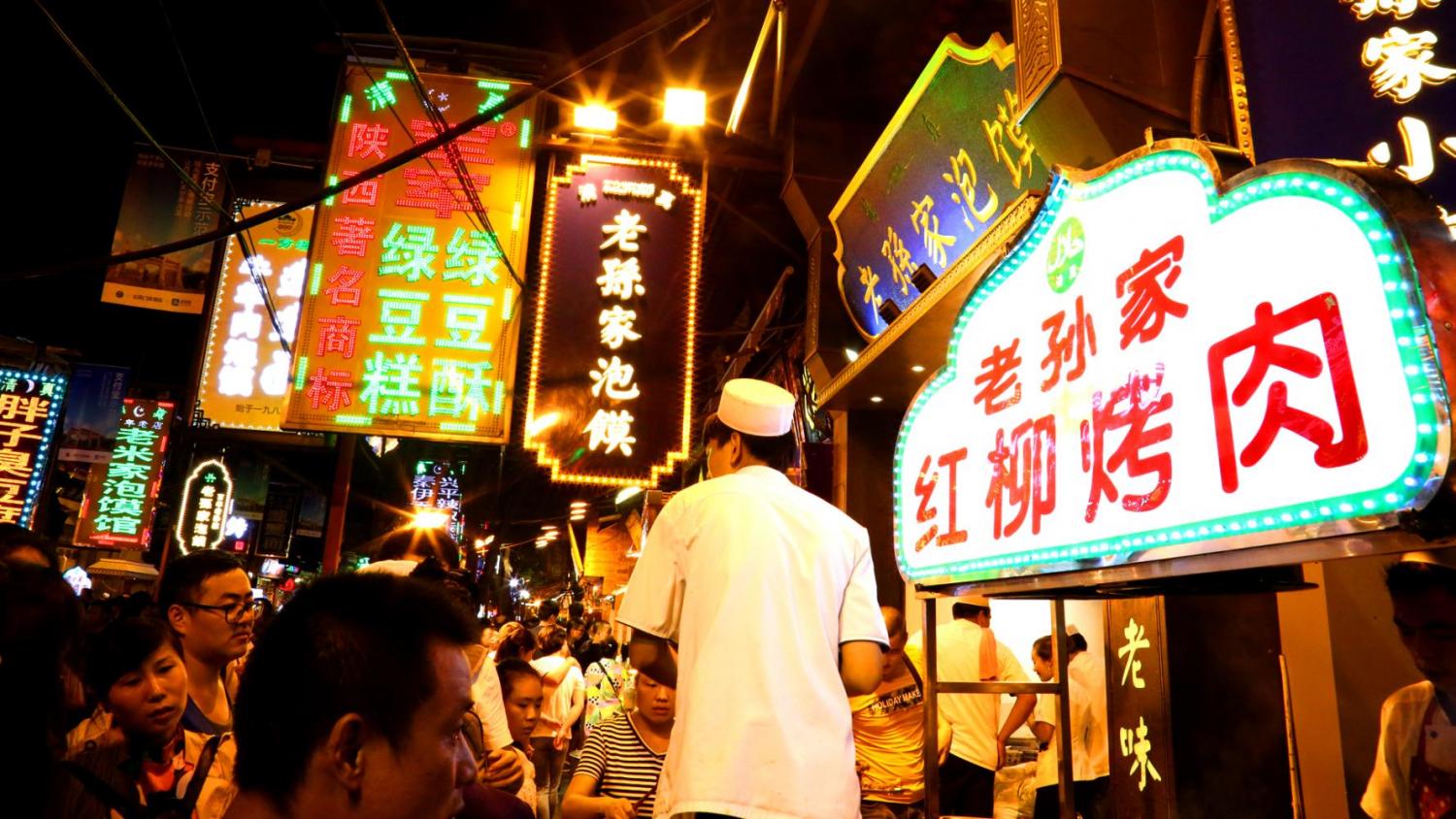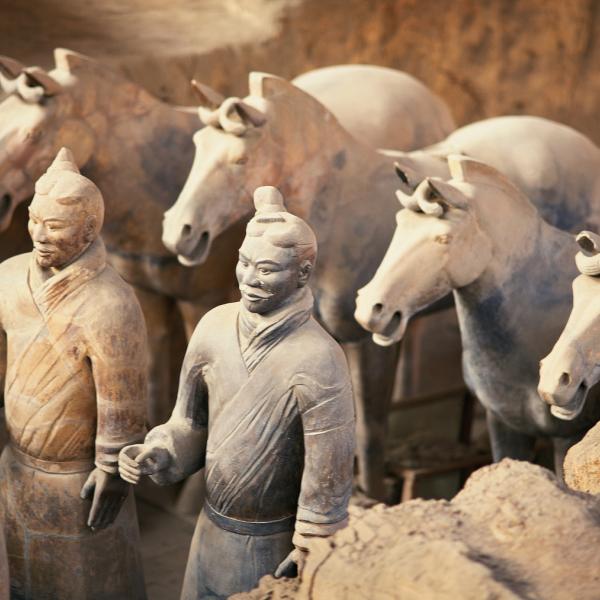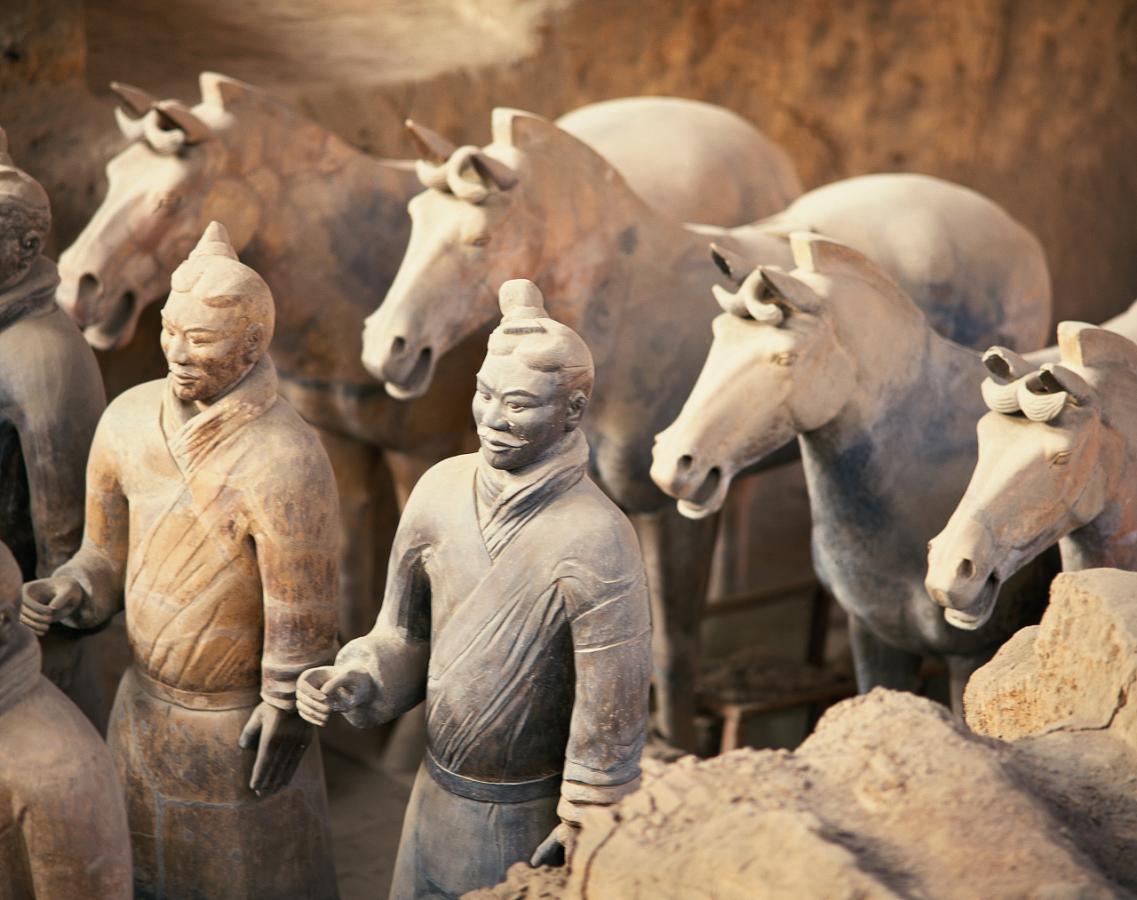Encountering Chinese Culture: A Performative Perspective on Chinese Culture and Identity
This course will introduce students to the variety and rich history of the Chinese visual and performance cultures of the Chinese Mainland, in Taiwan, Hong Kong, and throughout the Chinese diaspora. A collaboration between the East Asian Languages and Cultures and Performing Arts Departments, this course explores Chinese cultural narratives in relation to how they have been performed—on stage, on screen, and as experienced in everyday life—from the imperial period to the present. It includes a hands-on component that introduces students to jingju (Beijing opera) instrumental music, and stage makeup, as well as the four main performance skills: singing, speaking, dance-acting, and combat. Combining creative and critical assignments, the course invites students to rehearse songs, dance pieces, and fight sequences, to stage plays, and to create videos that demonstrate their developing knowledge of historical and contemporary Chinese culture. This course is only for first-year, non-transfer students in the Encountering Chinese Culture Ampersand Program.
